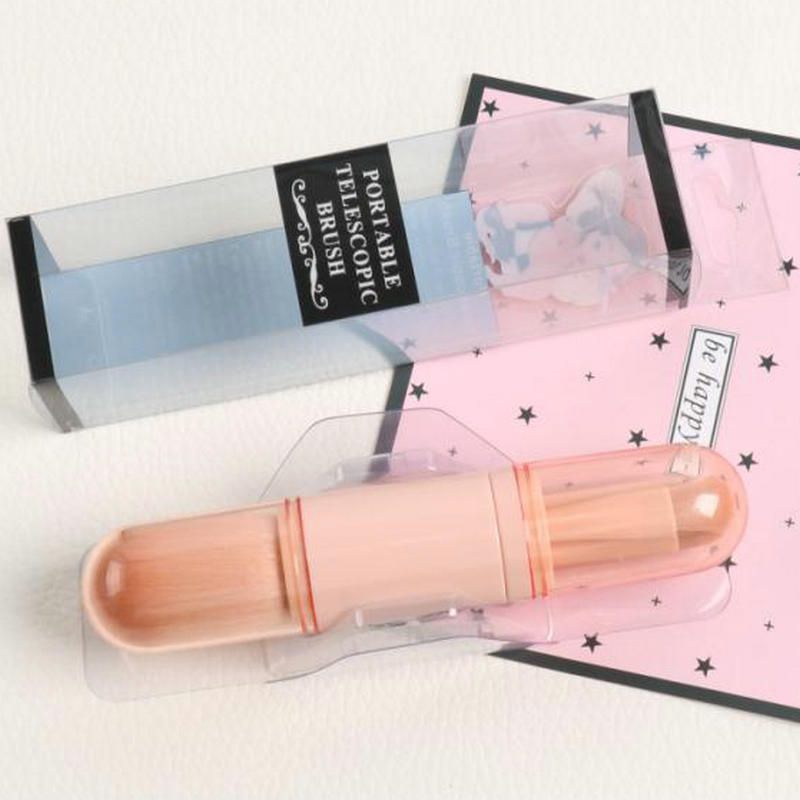Industry news
Indonesian Beauty Brands Invest in Local Bristle Production to Reduce Import Dependence
- 589 Views
- 2025-09-29 01:31:19
Indonesian Beauty Brands Turn to Local Bristle Production to Cut Import Dependence
Indonesia’s beauty and personal care industry is experiencing a transformative shift as local brands increasingly invest in domestic bristle production, aiming to reduce long-standing reliance on imported raw materials. With the sector projected to grow at 12-15% annually through 2027, driven by a young, beauty-conscious population and rising middle-class spending, the push for localized bristle manufacturing marks a strategic move to enhance supply chain resilience and cost efficiency.
For decades, Indonesian beauty brands have depended heavily on imported bristles—primarily synthetic fibers from China and natural hair from India—to produce makeup brushes, a staple in cosmetic kits. Industry data shows imports account for 80-85% of bristle supplies, exposing brands to volatile shipping costs, import tariffs (averaging 10-18%), and currency fluctuations. The 2020-2022 global supply chain disruptions further highlighted vulnerabilities: delayed shipments and price spikes forced some brands to pause product lines or absorb higher costs, eroding profit margins by 15-20% in severe cases.
This dependence is now being challenged by a confluence of factors. Government initiatives, such as the “Making Indonesia 4.0” industrial policy, incentivize localization through tax breaks, grants, and reduced bureaucratic hurdles for manufacturers investing in domestic production. Brands are also responding to consumer demand for “homegrown” products; surveys by the Indonesian Cosmetics Association (PPAPI) reveal 68% of consumers prefer brands with locally sourced components, associating them with quality and national economic support.

Leading players are already acting. In early 2024, Sariayu Martha Tilaar, one of Indonesia’s oldest beauty conglomerates, announced a $5 million joint venture with local bristle manufacturer PT Bumi Sinar Terang to build a production facility in West Java. The plant, set to start operations in Q4 2024, will focus on synthetic bristle production using recycled plastic polymers, targeting 30% of Sariayu’s brush needs initially, with plans to scale to 60% by 2026. Similarly, upstart clean beauty brand Glow Theory partnered with a Jakarta-based tech firm to develop biodegradable plant-based bristles, backed by a government grant for sustainable manufacturing.
However, challenges persist. Technical expertise remains a bottleneck: producing high-quality synthetic bristles requires precision extrusion technology, and local manufacturers are still acquiring skills through partnerships with European and Chinese firms. Raw material gaps also exist—specialized polymers for ultra-soft bristles (a top consumer demand) are not yet produced locally, though suppliers in East Java are testing pilot production.
The long-term upside is substantial. Local production could cut bristle costs by 20-25% by eliminating import tariffs and logistics fees, according to PPAPI estimates. It also strengthens supply chain control: brands can tailor bristle density, softness, and durability to match Indonesian skin types, which tend to be more sensitive than Western counterparts. Beyond cost and resilience, a thriving domestic bristle sector could position Indonesia as a regional leader, with exports to Southeast Asian markets like Malaysia and Vietnam already in early discussions.
As the industry evolves, the shift to local bristle production is more than a cost-cutting measure—it’s a step toward building a self-sufficient, innovative beauty ecosystem. With policy support and market momentum, Indonesian brands are not just reducing import dependence; they’re crafting a new narrative of resilience and growth.











